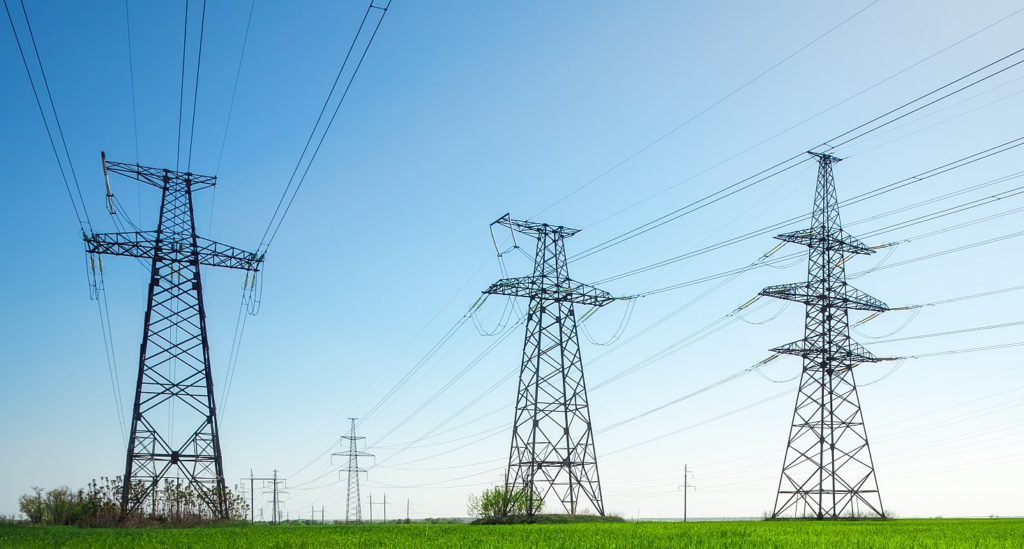Energy Resilience & Emergency Management Office

Electricity is essential to our daily life and is the lifeline for our communities. Electricity pumps clean drinking water and operates our wastewater treatment plants; it moves natural gas through pipelines and powers critical facilities such as healthcare, food and fuel operations.
As the effects of natural and manmade disasters have become more frequent, communities must prepare for potential energy disruptions that can significantly impact critical services.
Moving forward one of our priority areas is energy assurance planning and we will be updating Washington State’s Energy Assurance Plan in the coming year. This is just the beginning of a series of projects and announcements that explore the intersection of energy vulnerabilities at critical facilities and disaster mitigation planning.
We are exploring how our communities can better assess their energy vulnerabilities, specifically how to assess their critical facility power outage vulnerabilities and how they can plan and identify power sector mitigation activities. Essential to this understanding is knowledge of a few key terms.
Energy Assurance is a broad term but in general means having the confidence or certainty in the ability to respond to an energy emergency or disruption. This confidence or certainty comes from three main categories of activities: preparation and planning, mitigation and response, and recovery. Central to all of this is education, outreach, and communication.
Energy Security can mean the uninterrupted availability of energy sources at affordable prices. The uninterrupted availability of our energy resources can be threatened by both manmade and natural disasters which is why one element of energy security is focused on physical and cybersecurity. Energy insecurity; therefore, is the interrupted availability of energy or the inability to afford energy.
In general, energy reliability can be thought of as the ability of an energy production system to provide consistent and expected levels of energy under stated conditions for a specified period of time.
One definition of resilience comes from the Federal Energy Regulatory Commission (FERC). FERC poses that resilience means the ability to withstand and reduce the magnitude and/or duration of a disruptive event and includes the capability to anticipate, absorb, adapt to, and rapidly recover from such an event.
Resources
Documents
- Energy Emergency Plan 2013 (PDF)
- Duty Officer Program Fact Sheet (PDF)
- Emergency Support Function (ESF) 12 (PDF) – Updated 2020
- National Energy Infrastructure Protection Plan (PDF)
- National Energy Sector-Specific Plan (PDF)
- Energy Sector COVID-19 Safety Planning FAQ (PDF) – Updated 8/25/2020
- State Fuel Action Plan, 2023 (PDF)
Subscribe
We’ll be emailing once a quarter with news about our work including topics related to fuel planning efforts, cybersecurity, regional energy resilience grants and guidance. (Emergency alerts or information will NOT be coming from this publication.)
You may opt-out at any time by following the “unsubscribe” link at the bottom of the newsletter.
Contact
Elizabeth King
Energy Resilience and Emergency Management Director
wa.energyem@commerce.wa.gov
